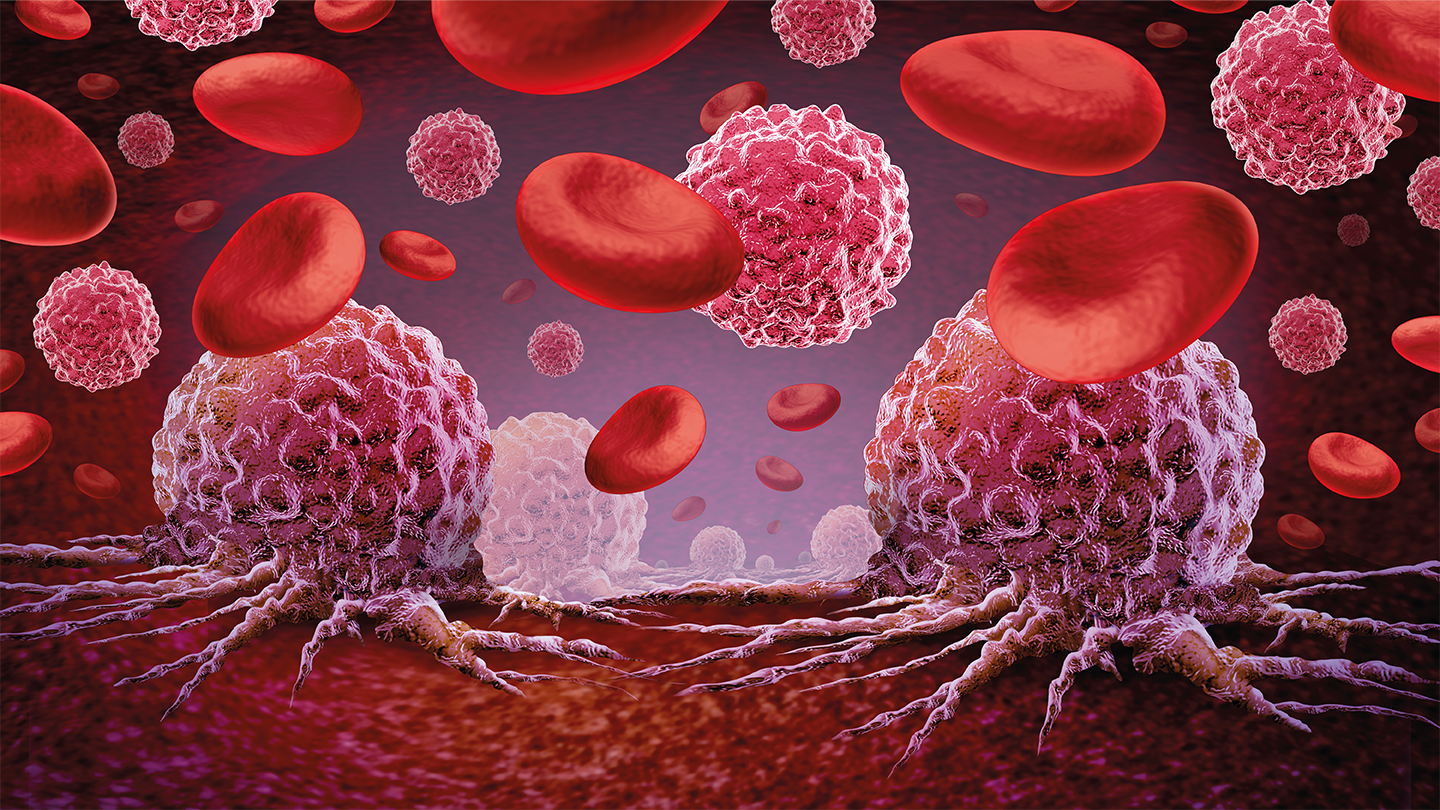
A new study has shown that a droplet-based digital PCR (dPCR) test approved by the US Food and Drug Administration offers greater sensitivity than standard testing methods for patients with chronic myeloid leukemia (CML) who are considering stopping treatment. The findings, published in The Journal of Molecular Diagnostics, support the test’s potential for guiding treatment decisions and improving long-term care strategies.
Patients with CML are commonly treated with tyrosine kinase inhibitors (TKIs), which can control the disease to the point that molecular signs of leukemia become nearly undetectable – a state known as a deep molecular response (DMR). For some, this opens the possibility of safely stopping treatment, but determining who will remain in remission after discontinuation remains a clinical challenge.
To address this, researchers in the Netherlands compared two methods for measuring residual disease: traditional quantitative PCR (qPCR) and the newer digital droplet-based method – known as BCR::ABL1 digital PCR. The study included 168 blood samples from 136 patients across 31 treatment centers. All patients were in DMR and under evaluation for treatment-free remission.
While standard qPCR could not detect leukemia in 40 percent of samples, dPCR was able to detect low levels of disease in two-thirds of these cases. Overall, dPCR provided quantifiable results in 68 percent of the samples that were below the detection threshold of qPCR. In 97 percent of the tests, dPCR reached its target sensitivity – enough to detect extremely low disease levels relevant to treatment planning.
Notably, dPCR could also distinguish between two common types of leukemia-associated transcripts (e13a2 and e14a2), which may influence prognosis. This was achieved through analyzing differences in the fluorescence signal from each droplet.
Although the dPCR test is more resource-intensive, the researchers suggest it may offer cost-effective benefits by identifying patients most likely to remain in remission without drugs.




